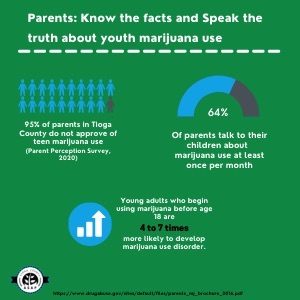In my years of working with individuals who are struggling with many different addictions, I can tell you that there isn’t just one formula for how a person becomes an addict. But there are certainly some commonalities between most people who suffer from addiction and they are all things to watch out for.
First, I think it is important to clear up a misconception. I have had so many people say to me, “Well, I could never become an addict.”
That statement is absolutely false. The truth is that everyone has the potential to become an addict, given the right circumstances and the right “drug of choice”.
People hear the word “addict” and think almost exclusively about drugs and alcohol. But there are many things to which someone can become addicted, such as gambling, food, sex, shopping, and a ton of other things.
An addiction may start off as something you just do for fun, but can turn into something that you feel like you need to do to feel “normal”, and that is when your life starts becoming unmanageable as a result of an obsessive and compulsive behavior.
 Also, even though I will use the term “addict” for the sake of brevity, understand that someone who suffers from an addiction of any kind is a person first and foremost. Their addiction does not define them.
Also, even though I will use the term “addict” for the sake of brevity, understand that someone who suffers from an addiction of any kind is a person first and foremost. Their addiction does not define them.
So, how does someone get made into an addict? Contrary to the beliefs of some, addiction doesn’t develop because someone is weak willed or because they have some sort of moral failing. Something I heard from someone in recovery years ago was that their first addiction was to “escaping”.
If you want to know how to make an addict, then put a person in the position where they want to “escape”, but don’t provide them the means to do so in a healthy way.
Here are a few examples:
Traumatize them. Make them feel unsafe no matter where they go or what they do and then make sure they feel like they have nobody to turn to for help. When someone feels scared and angry and alone, they will find a way to detach from their environment in ways that are very unlikely to be healthy.
Put them in physical pain. Refuse to help them get relief from an ailment in a way that will be healthy and effective. People who aren’t able to gain access to medical care that will effectively and safely treat their issues are much more likely to find ways to self-medicate.
Make them feel unwanted and alone. Make them feel like something is wrong with them and that nobody could ever care about them for who they are. People who are pushed away or made to feel as though they are somehow less valuable or less human than the people around them are more likely to want to escape from their circumstances.
Parents that turn their backs on their kids, communities that seek to chastise and ostracize people they live around whom they consider to be fundamentally flawed, or any other group that seeks to discriminate against someone for things that are beyond their control and is also unwilling to provide realistic access to support for the people they victimize – that’s how you make someone feel like the world is against them and they are all alone.
Make them feel hopeless and helpless. Make them feel like, no matter what they do, they won’t be happy. People with those feelings will exercise what little control they feel like they have over their own lives and use it to find a means of making themselves feel good, even just for a little while.
These are just some of the ways in which we, and I do mean WE, set people up to have to find their own, unhealthy means of escaping their circumstances. We all play a part in this.
Before you start to think that you can’t possibly contribute to these issues, stop and think about your own interactions with others. Have you ever, either directly or indirectly, made it harder for people with problems to still feel valued as humans?
Have you ever failed to help someone when they really needed it?
Have you ever been a part of making an environment where people feel like they aren’t physically, mentally or emotionally safe?
If you have to answer “yes” to any of these questions, and I think many of us can say we have if we are being brutally honest with ourselves, then you may have contributed to making an addict.
The good news is that there really is help out there for people struggling with addiction. Nobody has to struggle alone.
To learn more about addiction support services for you or a loved one, contact the Tioga ASAP Coalition at (607) 223-4066.



Be the first to comment on "Guest Editorial: How To Make An Addict "